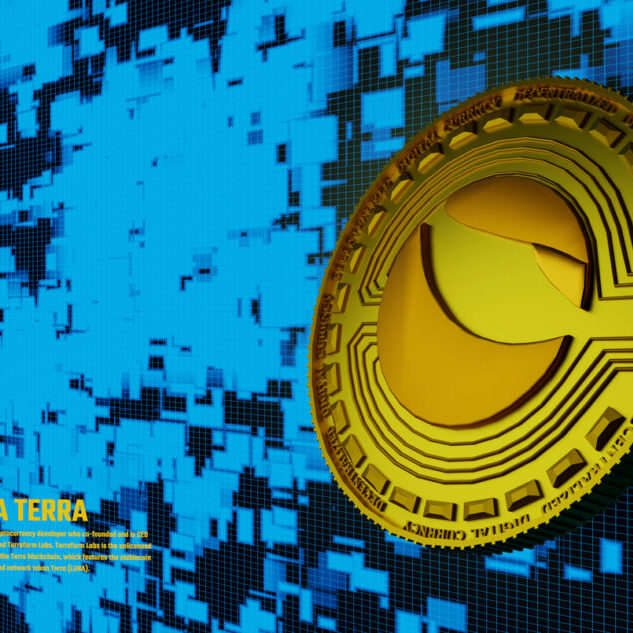Insights < BACK TO ALL INSIGHTS
Terraform Labs Ruling Reels Back Ripple Enthusiasm
Terraform Labs Ruling Reels Back Ripple Enthusiasm
By: George Calhoun
The recent ruling in SEC v. Ripple Labs had the cryptocurrency industry standing tall. As we discussed recently, however, the Ripple ruling was less favorable – or at least less comprehensive – than it was being portrayed.
Another ruling from the Southern District of New York – SEC v. Terraform Labs Pte.Ltd. and Do Hyeong Kwon – has further tapped the breaks on a major change in crypto enforcement. There, the court denied the Defendants’ motion to dismiss allegations that the Defendants defrauded investors and sold billions of dollars in unregistered securities in the form of digital assets.
In fact, the decision directly repudiates the Ripple ruling—U.S. District Judge Jed Rakoff expressly rejected the approach taken by U.S. District Judge Analisa Torres’ approach wherein she decided that Ripple’s public offering and sale of XRP did not constitute unregistered securities because public buyers could not know to whom the funds from the purchase were going and so could not reasonably constitute an investment contract.
In the absence of comprehensive federal legislation dictating the boundaries of authority over digital assets, the legislative and regulatory landscape is being defined by judicial decisions that are incomplete and often contradictory. The two SDNY decisions amply illustrate the regulatory and judicial uncertainty facing token issuers and purchasers in the United States.
SEC v. Terraform Labs
From April 2018 until May 2022, Terraform Labs offered an inter-connected scheme of cryptocurrencies, some of which included “mAssets,” which were designed to pay returns by mirroring the price of stocks of US companies, and Terra USD (UST), an algorithmic stablecoin that was intended to peg 1:1 to the US dollar and which derived its value through a digital asset token called LUNA, which was also issued by Terraform Labs. In the case of the UST coin, each coin was pegged to the U.S. dollar and, for a time, could be purchased and sold for $1.00. An owner of a UST coin could swap their coin for $1.00 worth of the companion coin, LUNA (one of the mAssets. Likewise, any holder of a LUNA coin could exchange that coin for $1.00 in UST coin. This fixed relationship theoretically ensured that the value of coins stayed fixed at $1.00. Terraform also offered other types of tokens that, based on Judge Rakoff’s opinion, appear to have been intended for use as an investment.
In May 2022, both UST and LUNA lost nearly all their value when UST lost its peg to the US Dollar. Prior to the collapse, UST was the 10th largest cryptocurrency with more than $18.5 billion in market cap.
In February 2023, the SEC sued Terraform and its founder Do Kwon, charging the defendants with violating the registration and anti-fraud provisions of the Securities Act and the Exchange Act. The complaint alleges several facts that may ultimately prove fatal to Terraform’s defenses. If proven true, whether the tokens were securities or not, Terraform may have been engaged in fraudulent statements to its customers. Indeed, in the SEC’s press release Director of the SEC’s Division of Enforcement, Gurbir S. Grewal stated that “the Terraform ecosystem was neither decentralized, nor finance. It was simply a fraud propped up by a so-called algorithmic “stablecoin” – the price of which was controlled by the defendants, not any code.”
In April, Terraform filed a motion to dismiss, providing supplemental materials after the Ripple ruling in June. In its original motion, Terraform argued that UST was purchased for practical purposes in commerce and not as an investment. Terraform attorneys also capitalized on Ripple in its additional materials, claiming that the ruling “confirms the legal insufficiency of the SEC’s argument that UST, LUNA, wLUNA, MIR, and mAssets were securities because of the way they were allegedly sold.”
Judge Rakoff expressly criticized the Ripple decision, concluding that the manner in which a token is sold has nothing to do with whether it is a security.
But Howey makes no such distinction between purchasers. And it makes good sense that it did not. That a purchaser bought the coins directly from the defendants or, instead, in a secondary resale transaction has no impact on whether a reasonable individual would objectively view the defendants’ actions and statements as evincing a promise of profits based on their efforts. [1]
Judge Rakoff has been a mainstay of the Southern District for decades. While he has sometimes been a maverick, the SEC is sure to adopt and push this reasoning if and when either of these cases reach the Second Circuit.
In the meantime, companies seeking clarity on the rules applicable to cryptocurrencies in the US have none. The market continues to be a mess and the SEC continues to attempt to apply a regulatory regime that is seemingly ill-suited to many of the products that it is seeking to regulate.
[1] https://storage.courtlistener.com/recap/gov.uscourts.nysd.594150/gov.uscourts.nysd.594150.51.0.pdf





